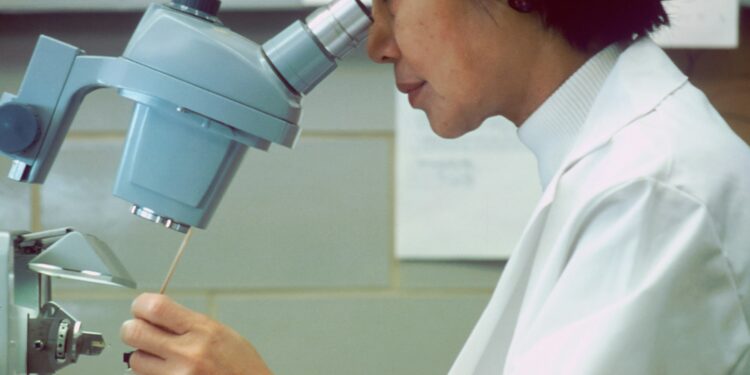This could drastically improve survival chances.
Researchers have developed a promising AI-driven blood test aimed at enhancing the detection of liver cancer, a disease notorious for its high fatality rates due to challenges in early diagnosis.
The test targets “fusion genes,” where two distinct genes merge, producing proteins that can trigger cancerous growth. According to a recent report in the American Journal of Pathology, the test accurately predicted the presence of hepatocellular carcinoma (HCC), the most prevalent form of liver cancer, with accuracies ranging from 83% to 91% for four specific fusion-gene combinations.
Accuracy further soared to 95% when researchers combined this dual fusion-gene approach with an existing liver cancer screening method that assesses alpha-fetal protein levels in blood. While alpha-fetal protein screening alone can be unreliable, it remains a common tool because liver cancers release this protein into the bloodstream.
Lead researcher Dr. Jian-Hua Luo, from the Pittsburgh Liver Research Center, emphasized the significant improvement offered by the fusion gene machine-learning model in early HCC detection compared to relying solely on alpha-fetal protein levels. This advancement could prove crucial in screening for HCC and monitoring the effectiveness of treatment.
Background notes highlighted that up to 60% of liver cancer cases are diagnosed only in advanced stages, contributing to a mere 20% survival rate. Early treatment, on the other hand, can potentially boost the five-year survival rate to 90%. However, due to the often asymptomatic nature of liver cancer in its early stages, early diagnosis remains a formidable challenge.
In their study, researchers examined blood samples from 61 HCC patients and 75 individuals with other conditions, searching for a panel of nine fusion genes. They discovered that seven of these fusion genes were frequently present in HCC patients, indicating their role as markers of cancerous cell abnormalities.
The findings underscored that these fusion genes arise from specific genetic irregularities within cancer cells, absent in normal tissues. Detecting these fusion transcripts in serum samples thus strongly suggests the presence of liver cancer cells.
In conclusion, the development of this AI-driven blood test represents a significant leap forward in liver cancer detection, offering a potentially transformative tool for early diagnosis and management of HCC, ultimately aiming to improve patient outcomes and survival rates.

































Discussion about this post